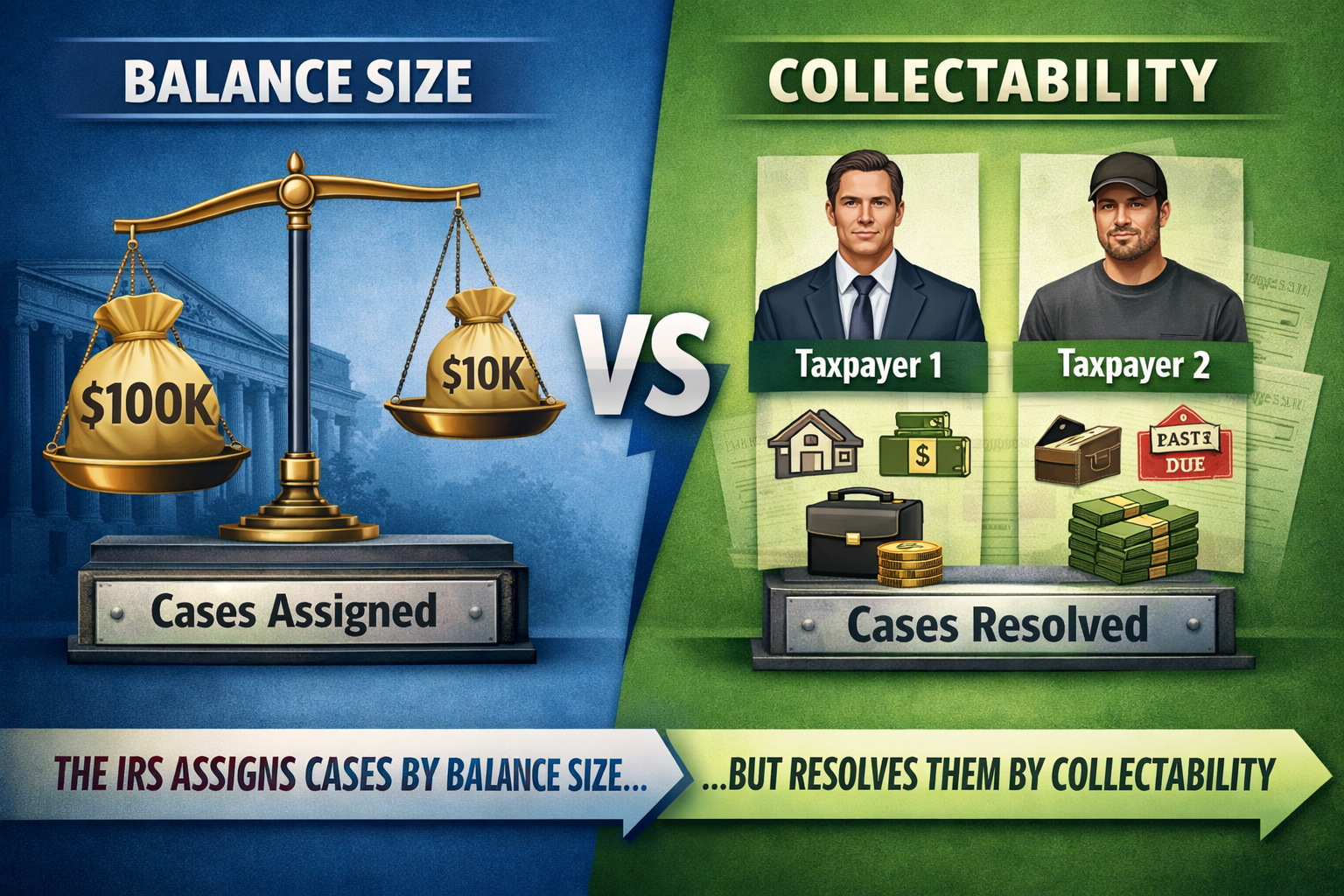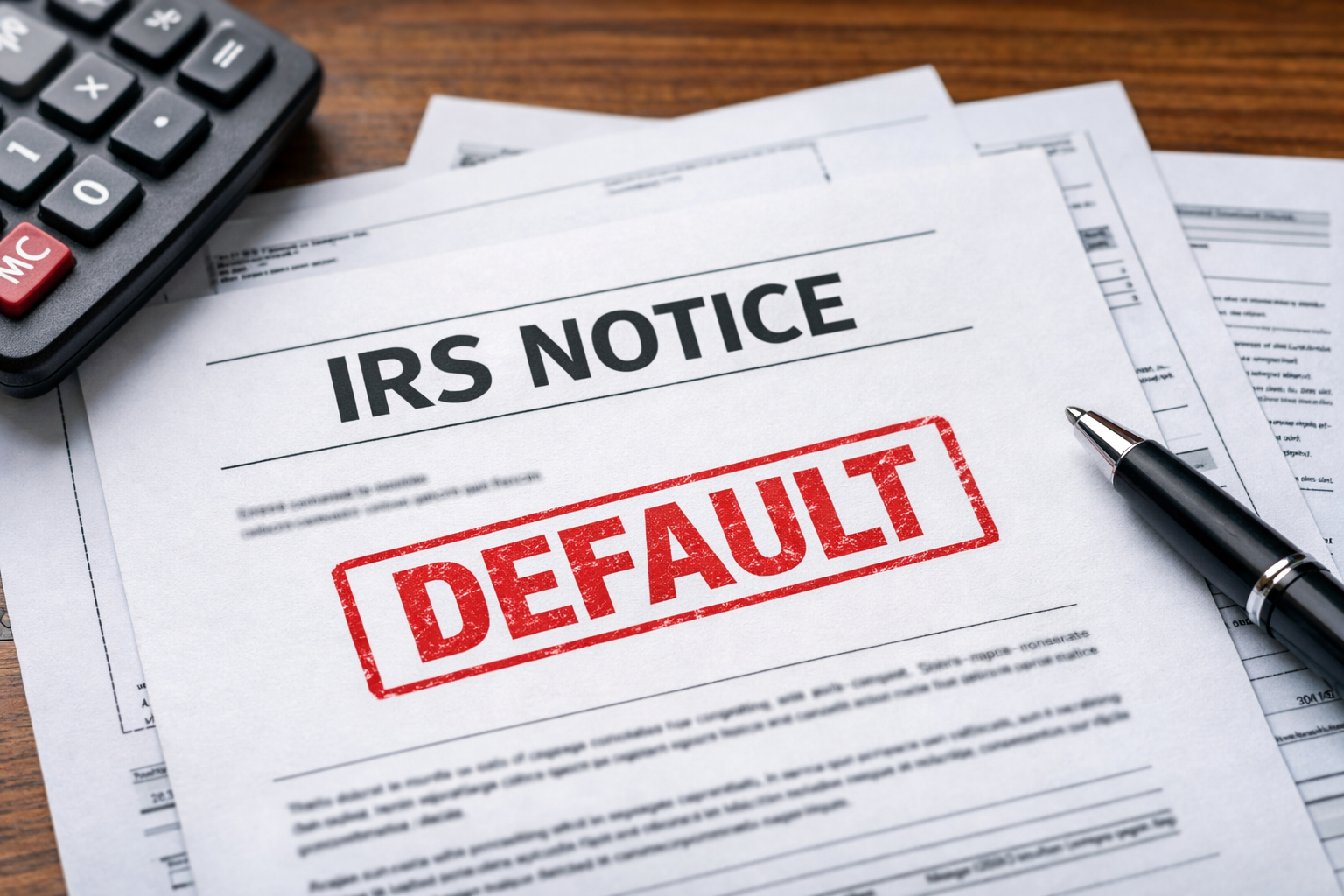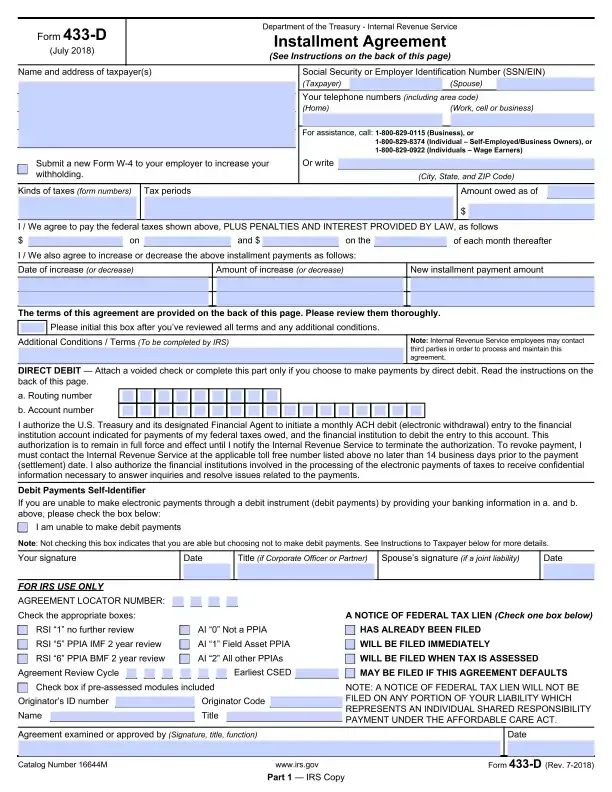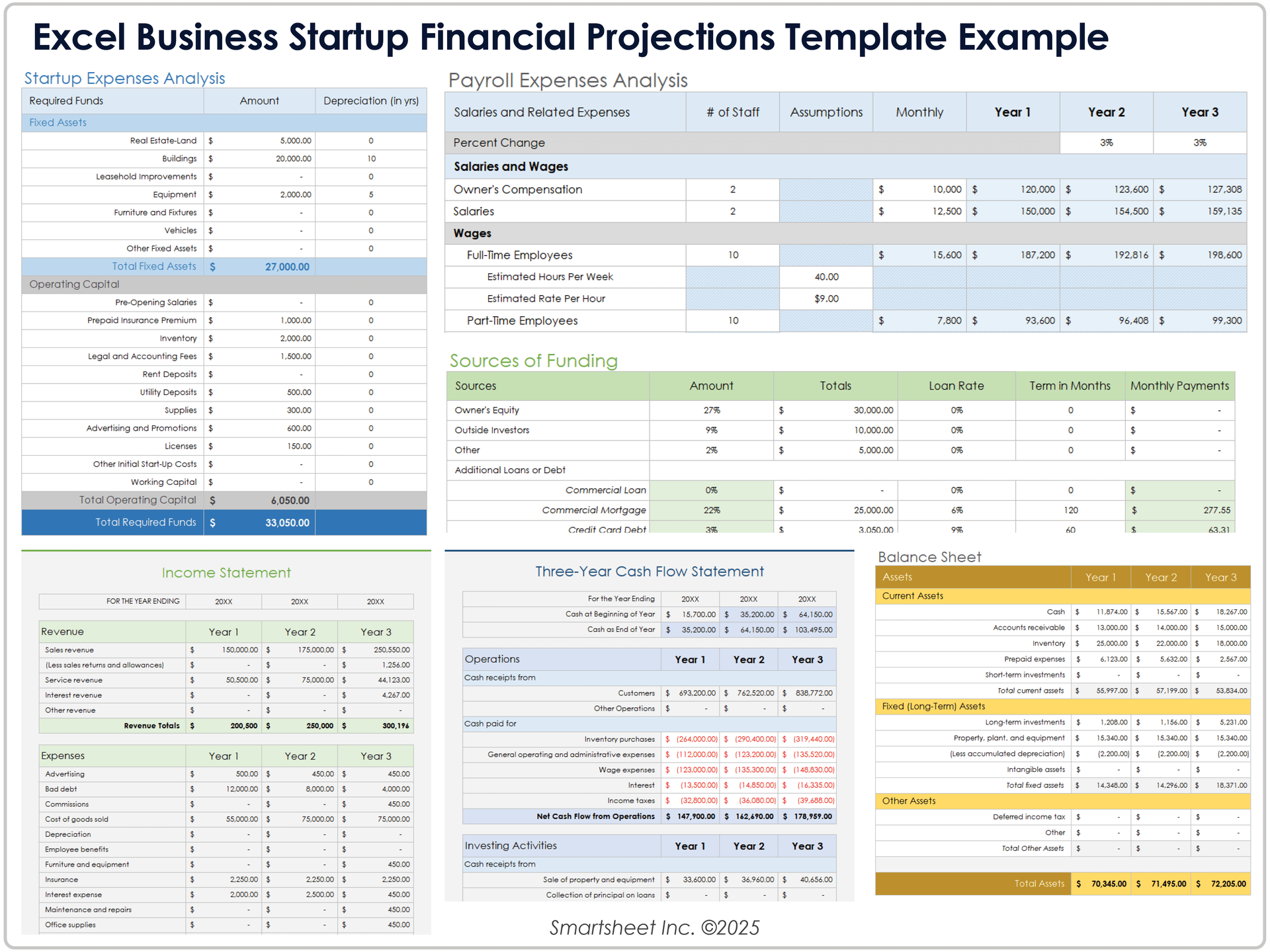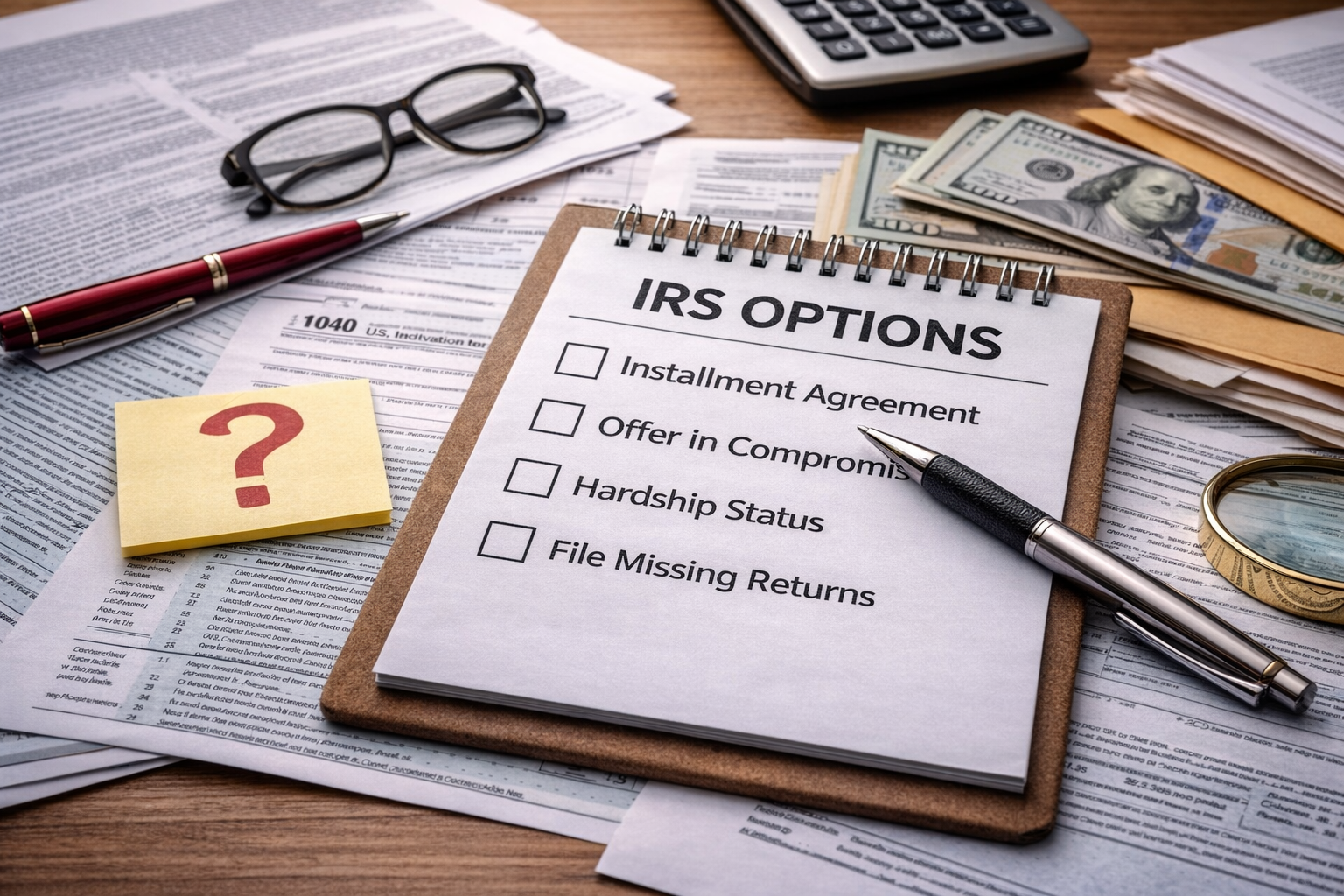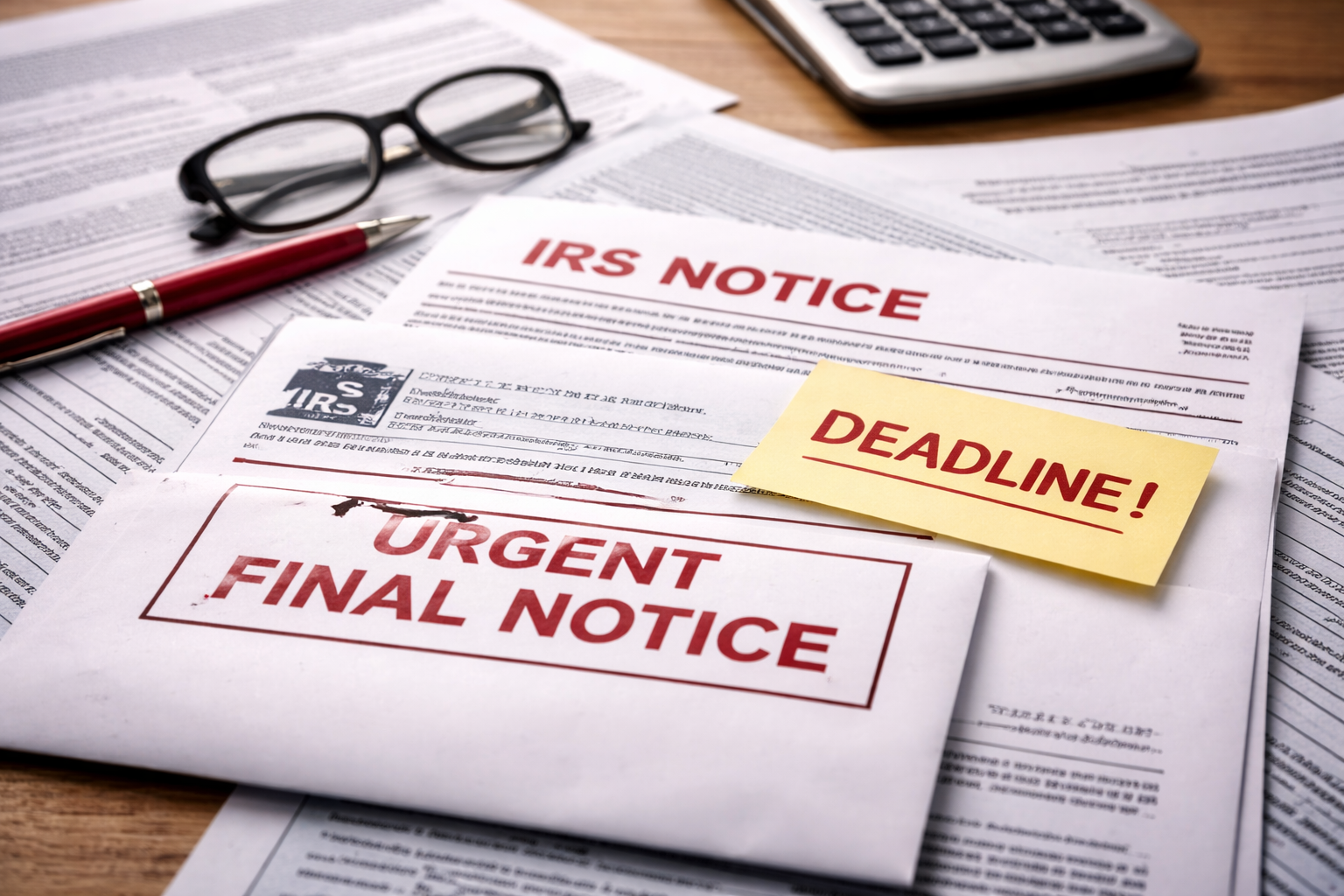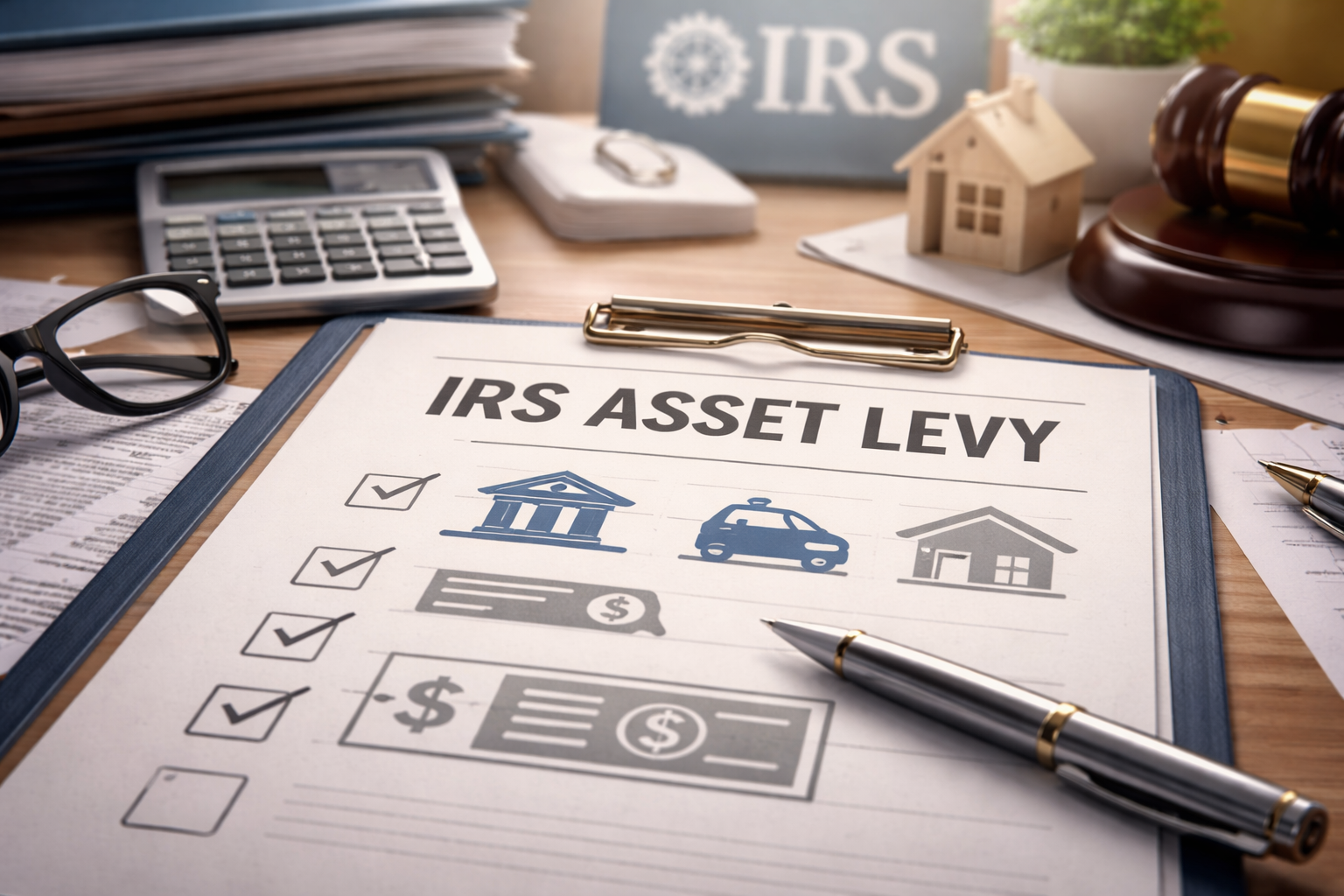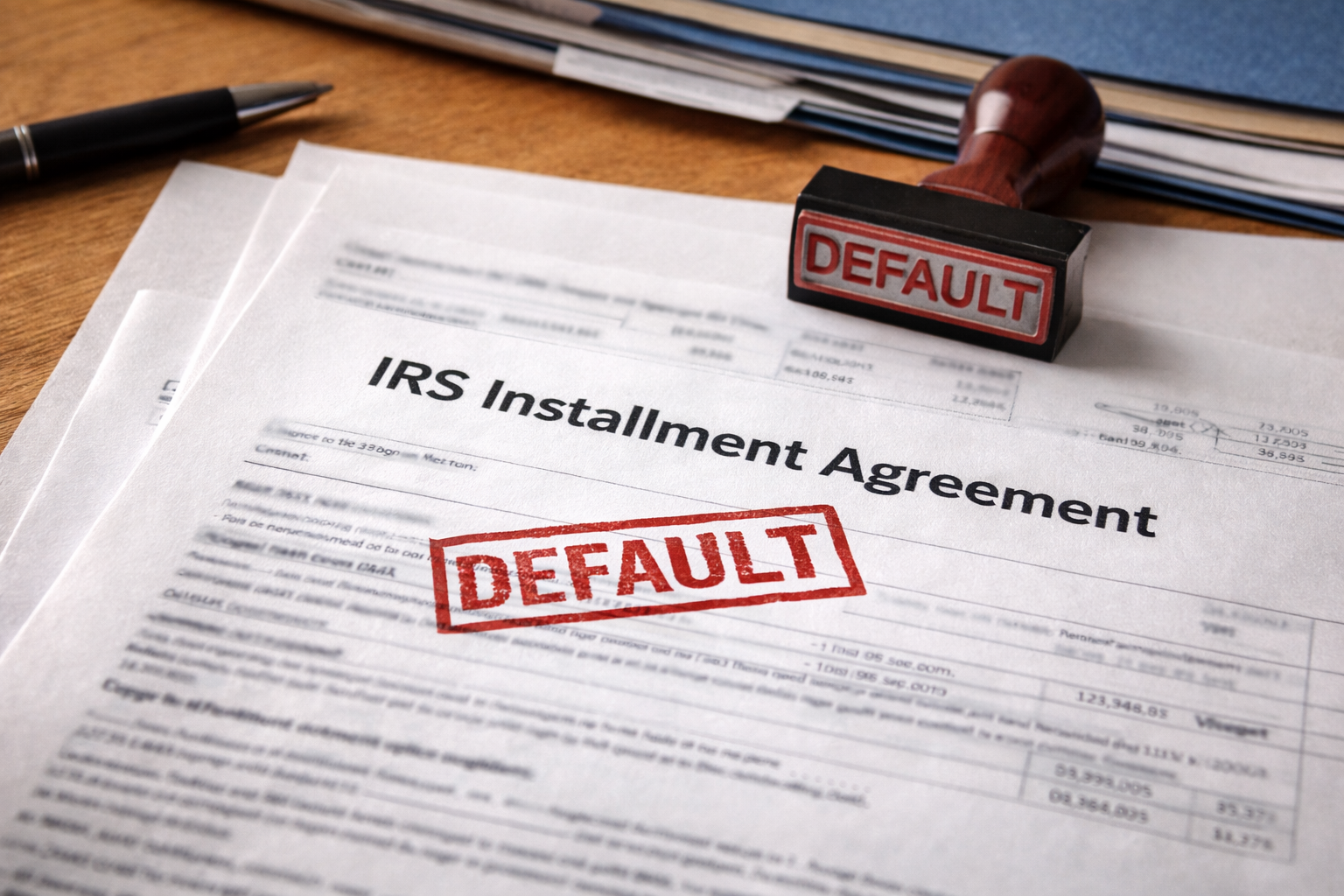The IRS and Your Retirement Accounts: What You Need to Know

Most people assume that retirement accounts are off-limits to IRS collections. After all, that’s money you’ve saved for the future — right? Well, the IRS sees it a little differently.
Whether you're dealing with a tax debt now or considering options like an Offer in Compromise or Currently Not Collectible status, it’s crucial to understand how retirement accounts fit into the IRS collection game. The truth is: retirement accounts are not untouchable.
Let’s break down how the IRS deals with retirement accounts in two key areas — levies and collection potential.
Yes, the IRS Can Levy Retirement Accounts
Retirement funds like IRAs, 401(k)s, pensions, and similar plans are all fair game under IRS levy authority. This surprises a lot of people, but it’s spelled out clearly in IRM 5.11.6.2 (Levy on Retirement Accounts). The key thing to know is that the IRS doesn’t go after retirement funds lightly — but they will if you’ve got tax debt and haven’t made arrangements.
Before levying retirement assets, the IRS must:
- Confirm that the retirement plan allows early withdrawal (most do).
- Determine that other collection options (like wages or bank accounts) aren’t sufficient.
- Evaluate whether the taxpayer’s conduct is “flagrant” (e.g., tax evasion or refusal to cooperate).
- Get proper managerial approval.
In short: it’s not their first move — but it is a move they’ll make when necessary. If a levy is issued, the financial institution holding your retirement account is legally required to comply.
Retirement Income Counts Toward What You Can Pay
Even if the IRS doesn’t levy your retirement account, they still consider it when evaluating your ability to pay. This comes into play during:
- An Offer in Compromise (OIC)
- Installment Agreement requests
- Currently Not Collectible (CNC) determinations
Here's how it works:
- If you're already receiving distributions, that income is included in the IRS’s monthly income calculation.
- If you're not yet drawing funds, the IRS may include the account’s balance as part of your available assets when determining your Reasonable Collection Potential (RCP).
You can see more about how the IRS evaluates a taxpayer’s financial condition in IRM 5.15.1.
So even if your retirement funds aren’t levied outright, they still influence how much the IRS thinks you can pay — which impacts Offers in Compromise, payment plans, and CNC decisions.
Can You Do Anything About It?
Yes — planning is key:
- Start early: If you’re in debt, don't wait for the levy notice. The earlier you act, the more options you have.
- Understand how the IRS evaluates assets and income so you can present your financials properly.
- Withdrawals to pay tax debt might be better than an involuntary levy — but weigh the tax consequences carefully.
- Document hardships, especially if you rely on retirement income for basic living expenses.
Final Thoughts
Retirement accounts aren’t off the radar when it comes to IRS collections. They can be levied, and even if they aren’t, they’re still part of how the IRS calculates what you can pay. That’s why it’s so important to understand the rules and plan accordingly. With some prior planning, you might be able to reduce your Reasonable Collection Potential and negotiate a better deal with the IRS.
If you’ve got a tax debt and retirement savings, don’t assume one can’t affect the other. The IRM has a playbook — and now, so do you.
Helpful IRM Links
- IRM 5.11.6 – Special levy procedures, including retirement accounts
- IRM 5.15.1 – Financial analysis for collection decisions
